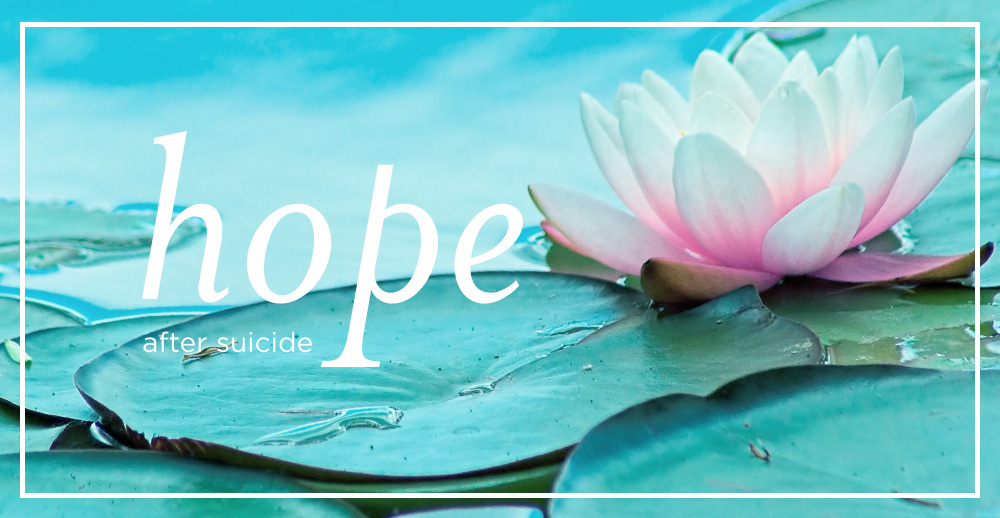
Mission, Vision & History
Kindness matters – and to the more than five million people around the world who lose a loved one to suicide each year – it matters a lot. We provide healing and compassionate support during the lonely and tumultuous aftermath of suicide. We help people survive suicide loss, and go beyond “just surviving,” to lead meaningful and productive lives.
It is our vision that no suicide loss survivor on the planet go without support.
Since our founding, we have helped tens of thousands of suicide loss survivors from many cultures and faith traditions across the world.
Our History

The Alliance of Hope was founded as a labor of love in 2008 by Ronnie Susan Walker, a seasoned mental health counselor who lived through the traumatic loss of her stepson to suicide in 1995.
During her own grief journey, Ronnie recognized there was a void in resources for people bereaved by suicide. She intuitively understood what researchers have validated in recent years: suicide loss survivors are a high-risk population for suicide themselves if they don’t receive healing support in the aftermath. She also knew firsthand that in-person support groups were few and far between, but that many suicide loss survivors needed support 24/7.
When she took a class at a local high school to learn how to build a website, her goal was simply to extend friendship – and healing, compassionate support – to other survivors. At the time, she did not know there were more than 45 million others, just in the U.S., whose lives had been forever altered when their loved ones died by suicide.
She launched allianceofhope.org not having any idea of what was to come. She added a community forum, where survivors could come to share their stories and connect with others who understood.
Much like the movie “A Field of Dreams”, bereaved souls from across the globe made their way to this healing, online space. The first member joined, then the 50th, and then the 15,000th. In the first few years, Ronnie personally responded to each new survivor. Eventually other loss survivors began to volunteer under Ronnie’s guidance. They too reached out with compassion to others who were hurting.
Today, more than 100 suicide loss survivors have volunteered as moderators and stewards of our online forum, which operates like a 24/7 group for thousands of people. They ensure it remains a healing culture for all who seek support. Many more talented, caring souls have provided pro bono support on our board of directors and advisory council. We would not be here without them.
As the Alliance of Hope enters our 16th year, our work is more important than ever. As suicide rates continue to rise, so do the number of loss survivors seeking support. According to a British Medical Journal study: individuals bereaved by suicide are 80% more likely to drop out of school or quit their jobs – and 64% more likely to attempt suicide – than individuals grieving sudden losses by natural causes. Indeed, suicide “postvention” is suicide prevention.
Our Logo

Pinckney Templeton, a member of our community who lost her brother to suicide in 2013, designed the Alliance of Hope logo. We asked her to create something that represented the grief journey of survivors, as well as the unique healing culture of our organization. The lovely lotus she created is a traditional symbol of spirit, growth, and resurrection – rising from muddy waters to blossom as a pure, uncontaminated flower. Her design contains elements of angel wings, tear drops, and two hearts.
The heart and inverse heart work to support each other, like the community here at the Alliance of Hope. One feeds into the other, with the flower growing from that connection. The logo is meant to remind us, that as a community, we are connected, doing whatever we can to help one another grow and thrive.
— Pinckney Templeton
I’ll cry with you’ she whispered, ‘until we run out of tears. Even if it’s forever. We’ll do it together.’ There it was . . . a simple promise of connection. The loving alliance of grief and hope that blesses both our breaking apart and our coming together again.
— Molly Fumia, Safe Passage
